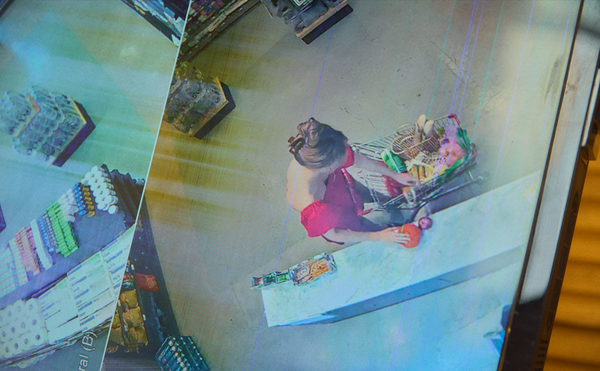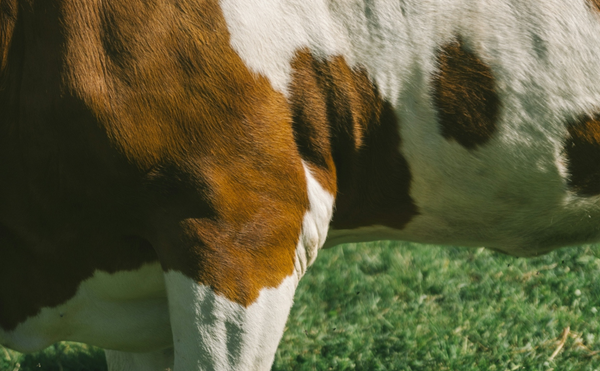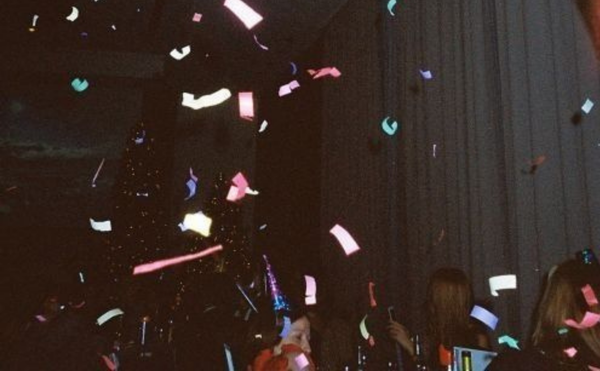Why Fine Dining Just Won’t Die
After more than a decade in haute cuisine, chef Eric Huang probes the forces behind fine dining's immortality.

As much as we clown on Patagonia-clad finance bros and shake our proletariat fists at them, it’s hard to resist the aspirational pull of affluence. It is the nature of how we’ve built our society. Shiny things and fancy meals give us the ample, if short-lived, dopamine we rely on to endure harrowing circumstances. Just look at the fine-dining industry in New York City, for example. It has endured 9/11, the Great Recession, and the COVID-19 pandemic — all cataclysmic events that should have inspired some temperance for our excesses.
And yet, fine dining is thriving.
I don’t say this as an admirer. I am beyond jaded regarding anything that even smells like a Michelin star. Having participated in the insanity that is haute cuisine for over a decade, an amuse-bouche and a tin of caviar just don’t do it for me anymore. I am too aware of what goes into getting an isosceles of dry-aged duck onto the plate with a few tablespoons of sauce made from the bones of hundreds of baby cows and enough magnums of red wine to destabilize a wealthy Connecticut suburb.
I amassed this Doomsday-appropriate stash of cynicism after being a sous chef at Eleven Madison Park during its run as the “Best Restaurant in the World.”




